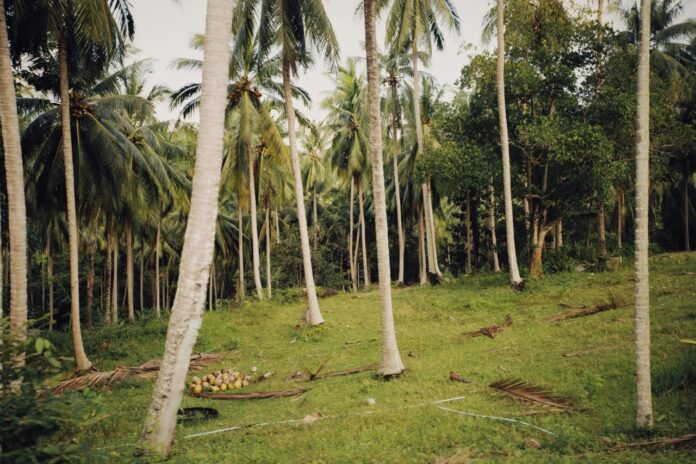The decision by the Andaman and Nicobar administration to resume the conversion of land for residential and commercial use is a long-awaited and welcome development. It marks a turning point in one of the most contentious policy issues that has haunted the Union Territory for over a decade.
For years, hundreds—if not thousands—of local residents have found themselves trapped in a bureaucratic impasse, unable to build their homes or expand their family businesses due to the freeze on conversion approvals. In many cases, these were not speculative applications but genuine requests by islanders seeking to improve their living conditions. The paralysis has created a silent backlog of hardship, disproportionately affecting middle- and lower-income residents who lack the political or financial muscle to navigate discretionary frameworks.
The new framework now places the onus on revenue officials to use their discretion in an accountable and transparent manner. Crucially, it stipulates that land parcels larger than 500 square meters will require a detailed justification before any conversion is granted. This is a much-needed check against indiscriminate approval of applications and should, in principle, enable the administration to separate legitimate cases from those driven by speculation or hidden agendas.
That said, discretion—if unchecked—can easily become a tool of misuse. And here lies the risk.
It is no secret that over the past two decades, large swathes of hilly, agricultural, and ecologically sensitive land in the Andamans have been quietly acquired by a small, powerful group of individuals. These include prominent businesspersons, politicians, and others with privileged access to decision-makers. What we are witnessing, in many instances, is not organic development, but a calculated land grab disguised as investment or future planning.
This reality makes it imperative that the administration exercise utmost caution while processing conversion requests. Every application must be judged on its individual merit. The sanctity of island ecology, fair access for genuine locals, and long-term planning for sustainable development must not be compromised in the name of reform.
To this end, the offices of the Lieutenant Governor and the Chief Secretary must play a proactive role. Their oversight is essential—not just to prevent corruption, but to ensure that revenue officials neither go overboard in rejecting legitimate applications nor approve dubious ones under pressure or inducement.
Transparency, accountability, and public disclosure must be central pillars of this process. A publicly accessible conversion registry, regular audits, and grievance redress mechanisms can help build trust. There should also be avenues for the public to flag suspect applications or raise concerns about procedural lapses.
Land is not just a resource—it is the foundation of livelihoods, community stability, and ecological balance in the Andaman and Nicobar Islands. The resumption of land conversion is a step in the right direction. But without sustained vigilance and institutional checks, even the most well-intentioned policy can lead to outcomes that benefit the few at the cost of the many.
The future of the islands demands that we get this right.





